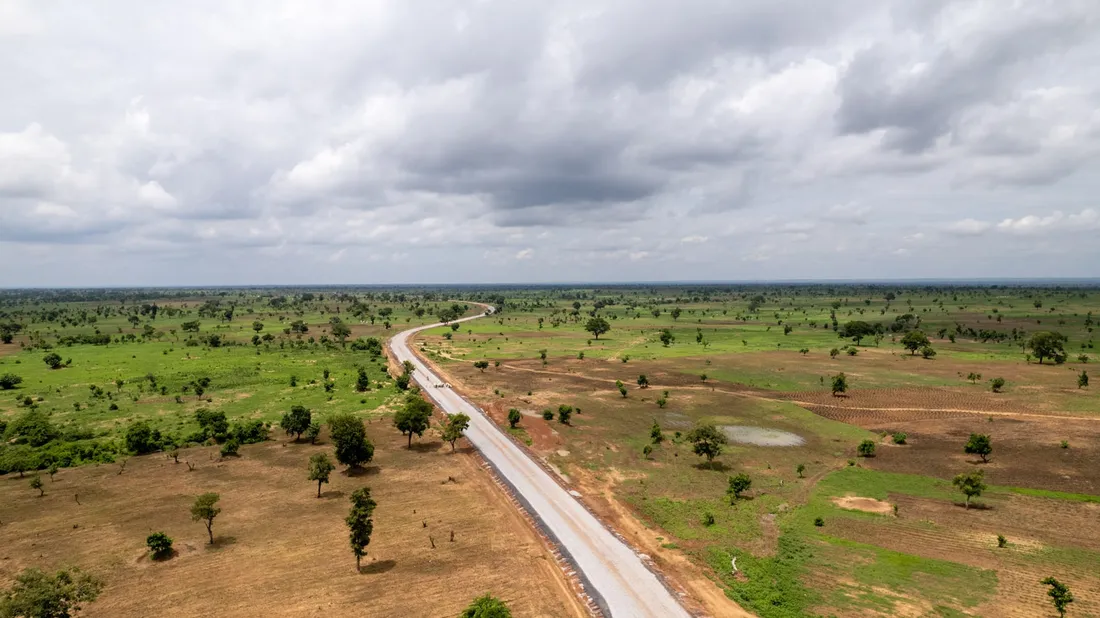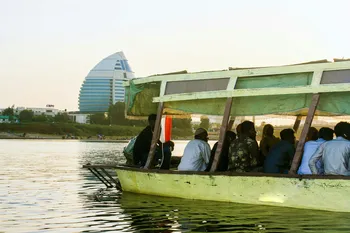
The RAAMP-SU project aims to significantly improve rural road infrastructure, benefiting approximately four million residents across various rural communities in Nigeria.
Project Objectives and Scope
The primary objectives of the RAAMP-SU project include:
- Rehabilitating and upgrading 6,500 kilometers of rural roads.
- Establishing and operationalizing State Road Funds (SRF) and State Rural Access Roads Agencies (RARA).
- Creating a culture of maintenance and long-term planning for road infrastructure.
- Enhancing climate resilience of critical road infrastructure.
- Promoting social inclusion and gender equality in access to services.
Currently, 80% of Nigeria's road network is in poor condition, which severely hampers economic development and access to essential services. The RAAMP-SU initiative seeks to address these deficiencies by improving connectivity between rural areas and urban markets, thereby facilitating better access for farmers and local businesses.
Economic Impact and Beneficiaries
The enhancement of rural road infrastructure is expected to have a transformative impact on the local economy. Key beneficiaries of this project include:
- Farmers: Improved roads will enable them to transport agricultural products more efficiently, increasing market access and reducing post-harvest losses.
- Transport Operators: Enhanced routes will decrease travel times and costs.
- Rural Communities: Better access to social services such as healthcare and education.
- Women: Increased access to labor markets and healthcare services will empower women economically and socially.
The project is expected to create jobs, improve household incomes, and enhance food security by enabling farmers to reach markets more effectively. According to Ndiamé Diop, World Bank Country Director for Nigeria, “Rural roads play a critical role in connecting agricultural land to market infrastructure, thereby helping to improve food security.”
Implementation Strategy
The implementation of the RAAMP-SU project will involve collaboration among various stakeholders, including local governments, community organizations, and private sector partners. The Federal Ministry of Agriculture and Rural Development will oversee the rehabilitation efforts, ensuring alignment with national development goals. The project emphasizes building institutional capacity at the state level for sustainable management of rural roads.
Challenges Ahead
Despite the optimistic outlook for the RAAMP-SU project, several challenges could impede its success:
- Sustainable Funding: Ensuring ongoing financial support for road maintenance beyond initial construction efforts.
- Bureaucratic Hurdles: Navigating potential delays in implementation due to governance issues.
- Community Engagement: Actively involving local communities in decision-making processes is crucial for addressing their specific needs.
The World Bank's RAAMP-SU initiative represents a critical step towards improving Nigeria's rural infrastructure. By enhancing connectivity and access to markets, this project aims not only to boost agricultural productivity but also to foster overall economic development in Nigeria's underserved regions. With proper implementation and sustained commitment from all stakeholders involved, the RAAMP-SU project has the potential to significantly uplift millions of Nigerians living in rural areas.







